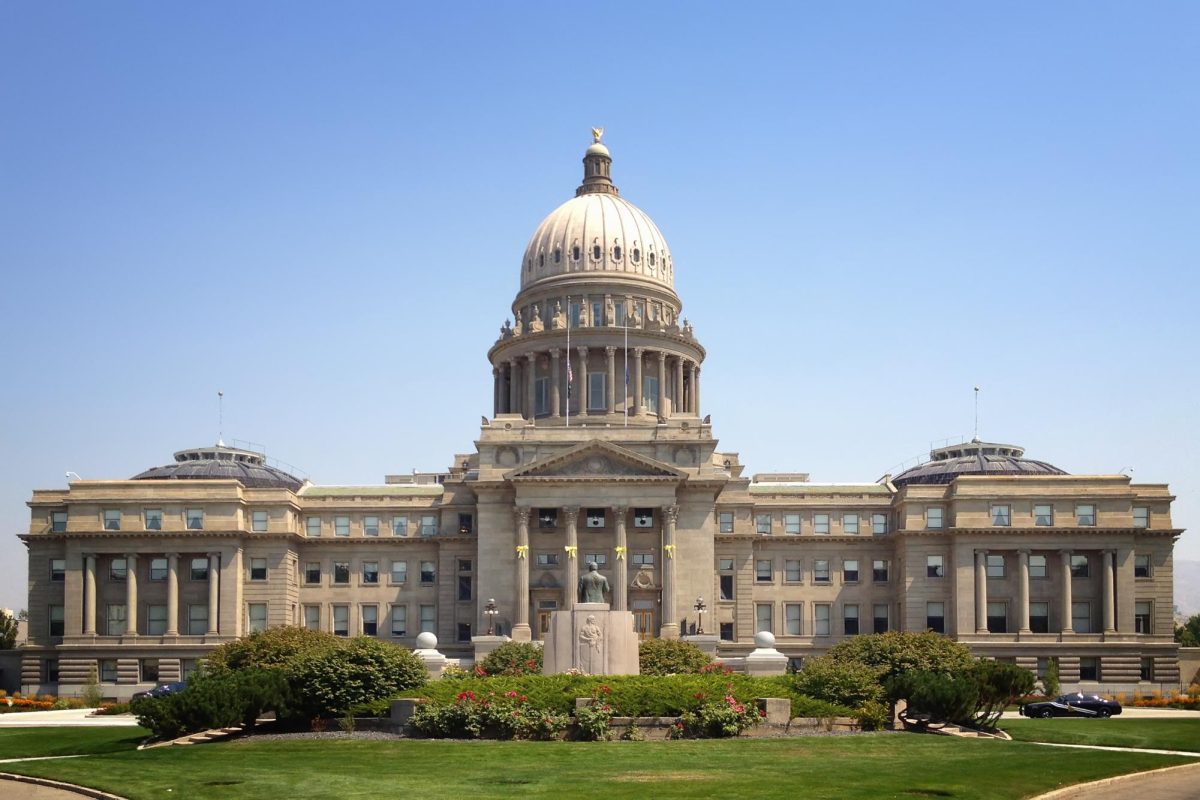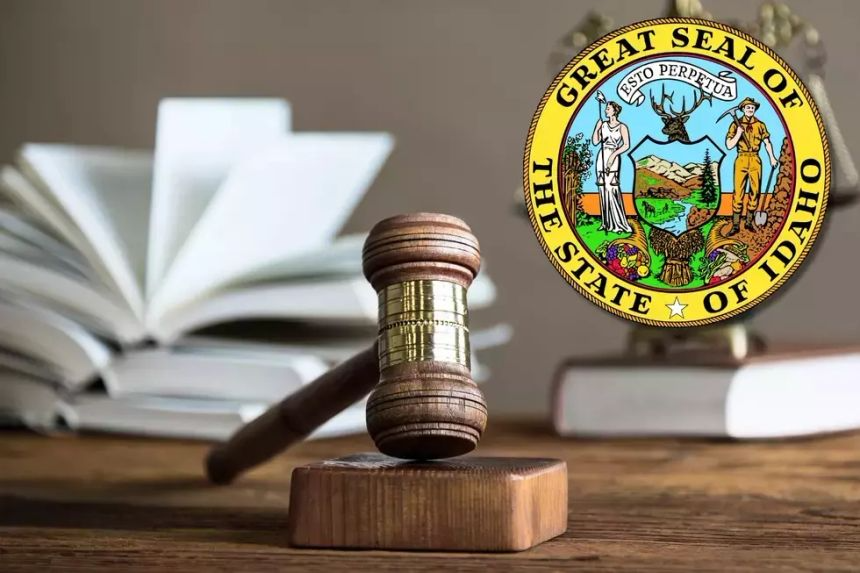House Bill No. 538 was signed by Brad Little on April 8, 2024 and went into effect on the 1st of July. Its purpose is to allow teachers, employers, etc. to not be compelled into the usage of preferred titles and pronouns. The intent is claimed to be protecting Idaho’s citizens from possible loss of their freedom of speech.
In schools, it functions by not allowing teachers to call students by names other than their given names unless they are provided permission by the student’s parents. For most, this is not concerning or even noticeable. For others, though a minority, it affects their lives in terms of comfort, identity, and security.
One’s name is a more important part of life than you might realize. I ask you to imagine how frustrating it would be if you were constantly called the wrong name. For example, if your name is Jason, it may be annoying to be called Max or Samantha.
I spoke to a student for whom this is a reality, and when asked why they prefer a different name than their given one they told me that “It makes me feel more comfortable than I do with the name my parents gave me.”
This student’s parents dislike that they go by a different name and so of course do not give permission for school employees to call them by their preferred name. The discomfort that students in situations like this is present both at home and now at school.
This Bill was intended to counter any political action that might restrict free speech. An example is this: if action were taken to create a law that requires the use preferred names and pronouns, that is an obvious restriction of our constitutional rights because it limits our ability to say what we may desire to.
If we look closely, I believe that House Bill No. 538 does the same thing. It restricts the speech of teachers unnecessarily. Calling a student by a name they prefer is not by nature political, religious, disruptive or disrespectful.
This Bill affects the lives of students at our school, and I think it is important to pay attention to what is happening in our local and State government and determine whether we agree with the decisions of our elected officials.











